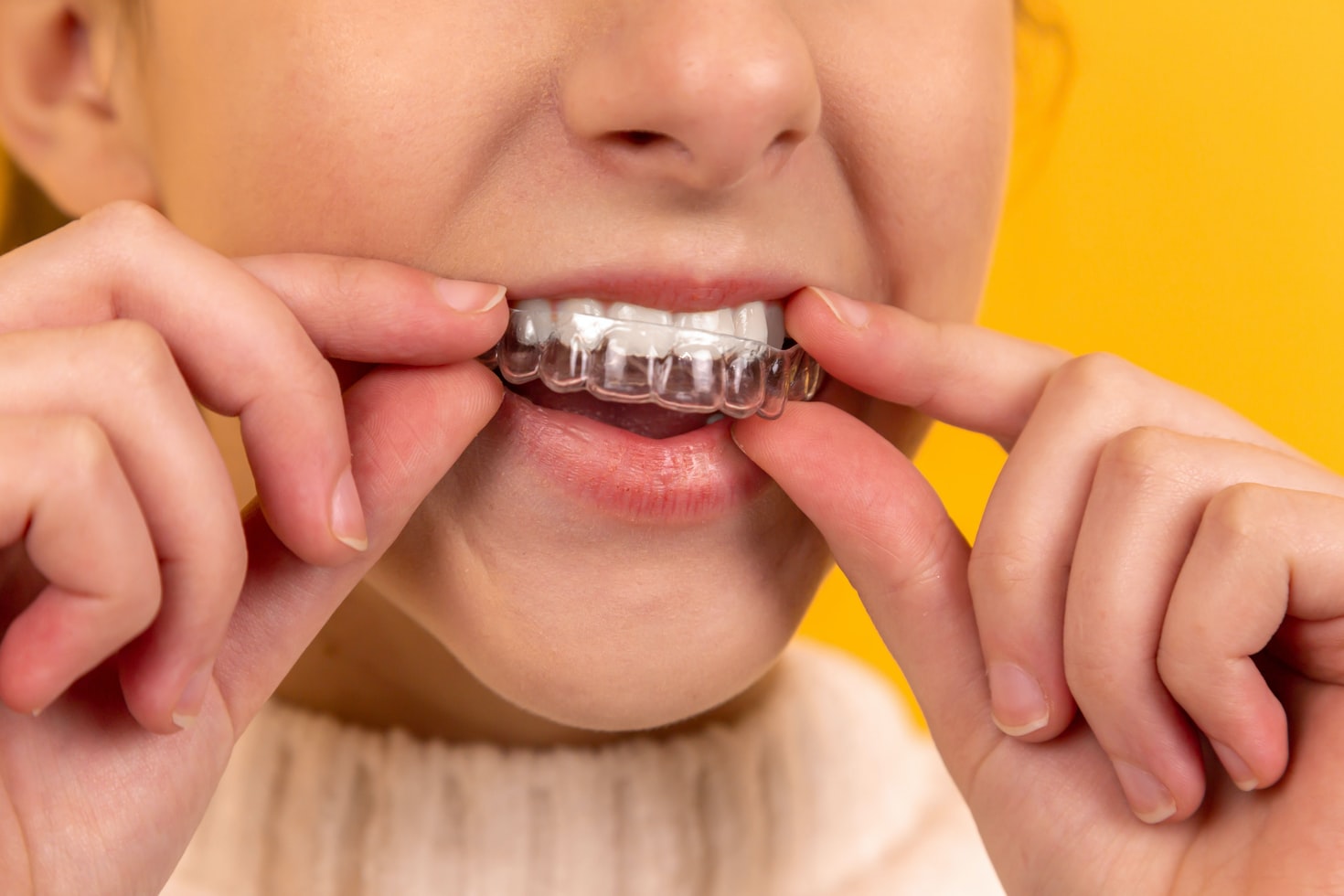Bruxism is a condition that involves grinding, clenching, or gnashing of teeth. When you suffer bruxism, you may unconsciously clench or grind your teeth while sleeping (nocturnal bruxism) or clench them unconsciously while awake (awake bruxism). While researchers and experts are yet to determine the exact cause of bruxism, some argue that stress is a primary trigger.
Sleep bruxism is a disorder that affects the quality of sleep. Most patients with this type of bruxism have an underlying sleep disorder such as sleep apnea or snoring. Early stages of bruxism may not necessitate treatment, but you will need a dental guard to reduce the condition’s impact as it gets severe.
It might be tricky to tell if you have bruxism. Therefore, it is essential to know some of the condition’s symptoms; learn more here.
Signs and Symptoms of Bruxism
If you experience these symptoms, it would be best to visit your doctor for extermination or probably get your dental guard.
- Teeth grinding that can sometimes be loud enough to awaken a sleeping person.
- Loose, chipped, flattened, or fractured teeth.
- Worn out enamel that exposes the inside of your tooth
- Intense tooth pain and sensitivity
- Earache-like pain that does not result from ear defect
- Dull headaches that originate from the temple
- Disrupted sleep patterns
At first, a sleep partner may notice the teeth grinding, which may trigger you to recognize more symptoms. Seeing these signs personally may be tricky, especially in the early stages of bruxism. If you see your child is clenching or grinding their teeth, it would be best to take them to a doctor or get a dental guard.
Why You Need a Dental Guard
If you fail to get a dental guard early enough to prevent further damage from teeth grinding, the impact may become worse and result in more complications.
Severe Jaw Pains
Constant teeth grinding causes the facial and jaw muscles to strain and pain. You may also experience jaw stiffness during the day. Sometimes you will find it hard to chew food due to this pain or hear a clicking sound while chewing. If you do not get a dental guard, it may affect your speech with time.
You Experience Headaches
Teeth grinding in the night can result in early morning headaches when you wake up. The pressure your jaws consume while grinding leads to these headaches. The pain is often towards the sides or the back of your head. However, a dental guard can help minimize headaches by reducing pressure.
Damaged or Cracked Teeth
You know that nocturnal bruxism becomes intense if your teeth begin to erode. The constant friction from grinding causes cracking, chipping, and flattening effects on your teeth. A typical sign of bad teeth is shorter front teeth and cracks on the teeth surfaces.
What if You Have Signs of Bruxism?
If you notice any symptoms of bruxism condition, the first thing is to visit a doctor and get a dental guard. Some home remedies can help with bruxism.
- Discover ways to reduce stress
- Ask your sleep partner to alert you of any grinding noise you might make while asleep; report this to your doctor.
- Take care of sleeping problems
- Visit your dentist regularly for examinations
- Avoid taking antidepressants before going to sleep
The Bottom Line
Bruxism can lead to severe complications if you do not treat it early. If you notice any symptoms in yourself or your child, please promptly contact a Chicago emergency dentist.

